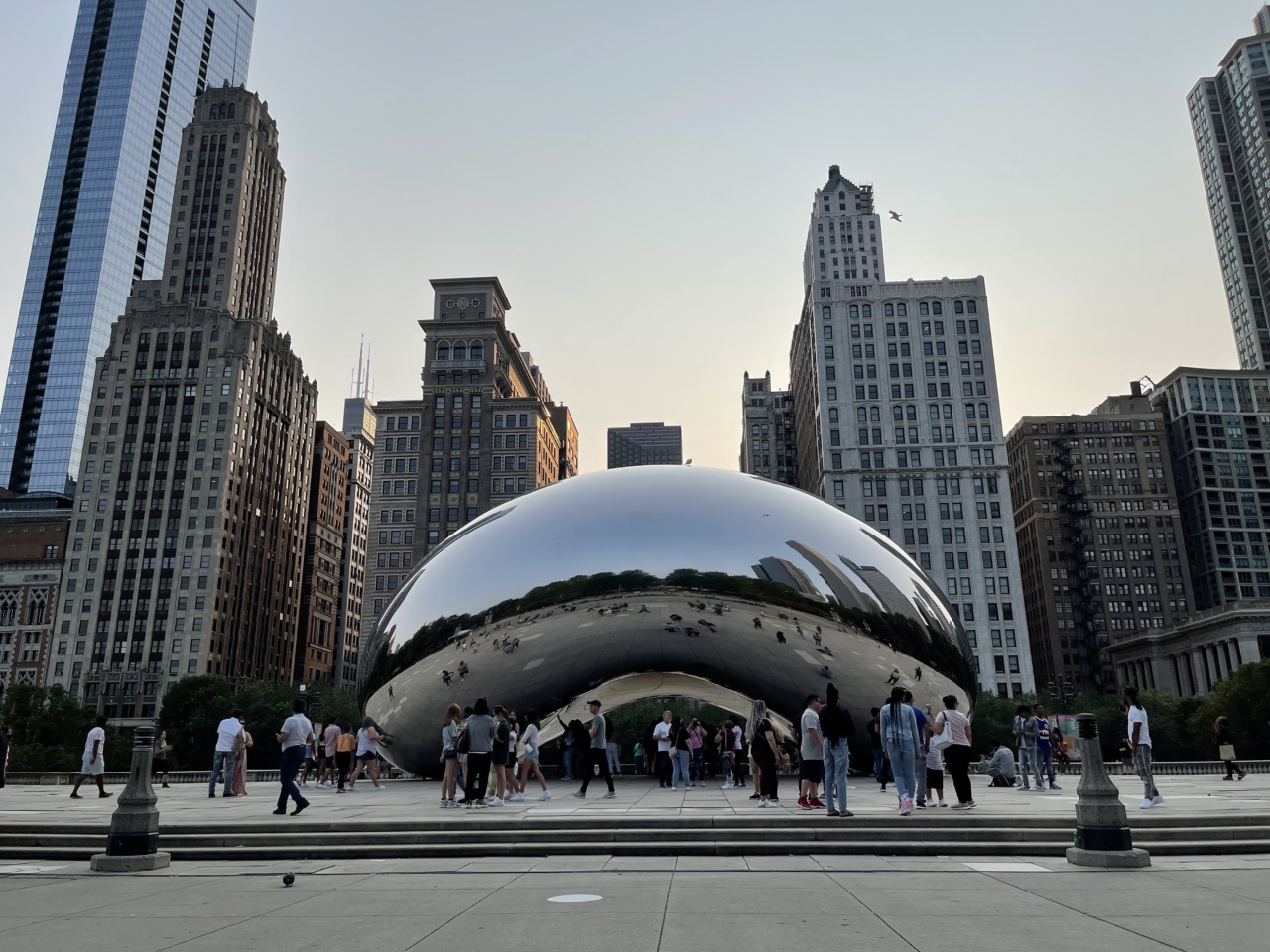The field of lung transplantation has made significant advancements over the years, and Chicago has emerged as a hub for revolutionizing this life-saving procedure.
With state-of-the-art medical facilities and groundbreaking research institutions, Chicago is leading the way in developing innovative techniques and improving outcomes for lung transplant patients.
1. The Growing Need for Lung Transplants
Over the past few decades, the demand for lung transplants has been on the rise due to various factors such as an aging population, increased incidence of respiratory diseases, and advancements in medical science increasing the success rates of transplantation. This surge in demand has led to a need for innovative approaches to improve the availability of donor lungs and enhance the transplantation process.
2. Chicago’s Leading Transplant Centers
Chicago boasts renowned transplant centers that specialize in lung transplantation, providing exemplary care and expertise to patients in need.
Institutions such as the Northwestern Medicine Lung Transplant Program, Rush University Medical Center, and the University of Chicago Medicine Transplantation Center are at the forefront of revolutionizing lung transplantation.
3. Advancements in Donor Organ Allocation
One of the key challenges in lung transplantation is the limited availability of suitable donor organs. However, researchers and transplant teams in Chicago have been working tirelessly to address this issue.
Advanced technologies such as ex-vivo lung perfusion (EVLP) have been employed to assess and optimize the quality of donor lungs, increasing the number of viable organs for transplantation.
4. Cutting-Edge Surgical Techniques
Chicago’s lung transplant surgeons have pioneered and perfected innovative surgical techniques that have revolutionized the field.
Procedures such as minimally invasive robotic-assisted lung transplantation have emerged as game-changers, reducing post-operative complications and promoting faster recovery times for patients.
5. Personalized Medicine and Precision Transplantation
With the advent of personalized medicine and precision transplantation, Chicago’s transplant centers are leading the way in tailoring treatment plans to individual patients.
Advanced molecular testing and genomics research enable medical professionals to identify the most suitable donor-recipient matches, reducing the chances of organ rejection and maximizing the success of lung transplantation.
6. Breakthroughs in Immunosuppression
Immunosuppression is a critical aspect of lung transplantation to prevent the body from rejecting the transplanted organ.
Chicago-based researchers have made significant breakthroughs in developing more effective and targeted immunosuppressive therapies. This has resulted in improved long-term outcomes, reduced side effects, and enhanced overall quality of life for lung transplant recipients.
7. Patient-Centric Care and Support
Chicago’s lung transplant programs prioritize patient-centric care, ensuring that patients receive comprehensive support throughout their transplantation journey.
Multidisciplinary teams comprising transplant surgeons, pulmonologists, psychologists, and social workers collaborate to provide holistic care, addressing both the physical and emotional needs of patients.
8. Collaborative Research Efforts
Chicago’s medical community recognizes the importance of collaboration and knowledge sharing in advancing the field of lung transplantation.
Research institutions, universities, and transplant centers collaborate on various research projects to drive innovation, improve outcomes, and enhance patient care. These collective efforts contribute to the ongoing revolution in lung transplantation.
9. Post-Transplant Rehabilitation and Follow-Up
Successful lung transplantation goes beyond the surgical procedure itself. Chicago’s transplant centers prioritize post-transplant rehabilitation and long-term follow-up, working closely with patients to ensure optimal recovery and ongoing care.
Comprehensive rehabilitation programs help recipients regain strength and adjust to their new lungs, ultimately improving their quality of life.
10. The Future of Lung Transplantation in Chicago
As Chicago continues to spearhead advancements in lung transplantation, the future holds great promise for patients in need.
Ongoing research, technological innovations, and a patient-centric approach will further improve the success rates, accessibility, and overall outcomes of lung transplantation in Chicago and beyond.






























